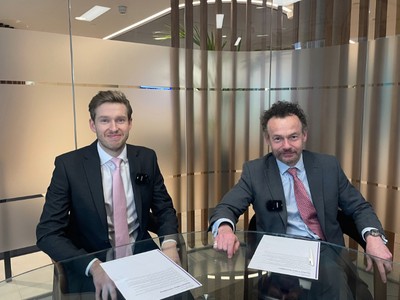During the second quarter, the funds slightly underperformed their comparators as a result of the underweight position in International Equities, which thankfully was mostly offset by stock selection outperformance within the UK Equities allocation.
The star performer for the funds throughout the quarter has been Games Workshop. In September 2019, the due diligence was completed on what I saw as a high quality business but felt that there was not quite the margin of safety that I would look for in our fair price valuation. Five months, an impressive set of results and a 60% rise in the share price later and I was prepared to admit to this one as an expensive error of omission. But in March, Coronavirus caused a sharp fall in the share price. To my mind there had been little that changed the long term earnings potential of the business and with a greater margin of safety I was not prepared to be bitten twice. The shares have more than doubled in the three months since the initial purchase and whilst I wouldn’t expect anything like this kind of price rise to be sustained, I hope to report operating performance that will justify further gains in due course.
Errors of omission are not the only ones that I am prone to though; it appears at this stage that the sale of our Reckitt Benckiser shares in December 2019 was an error of commission. There were concerns around a stagnant top line, a real risk of declining margins, a corporate structure that was no longer fit for purpose and leverage that offered little room for error. Whilst not yet out of the woods, the global pandemic has helped buoy sales at this health and hygiene specialist and the shares are nearly 20% higher as a result. I will continue to try to learn from our mistakes but see this one as an occasion where the right decision was made for the wrong outcome.
As for markets, commentators have struggled to make sense of equity indices that are testing record highs whilst economic data are breaking record lows.
In April, monthly UK GDP fell by more than 20% year-on-year, a record number of Americans applied for unemployment benefits and Hong Kong airport saw a 99% fall in numbers of passengers processed. However, this has not been the entire story because whilst economic records have been broken, so too have stimulus records as both Governments and Central Banks around the world have provided unparalleled policy support, mainly in credit markets and to furloughed workers.
Whilst this has and will have many effects on what is a complex ecosystem (some of which are obvious now and some will not become obvious for a while yet), the most apparent impact has been the reduction in interest rates and in bond yields throughout the world. The rate at which the US Government can now borrow money for 10 years has remained stubbornly below 0.75% for most of the quarter and that compares with a 2019 high of not much below 3% and an average since the turn of the millennium of closer to 3.5%.
Whilst there are many factors at play, the interaction between interest rates and stock market levels is a relationship that we cannot ignore. In 1938 John Burr Williams wrote in The Theory of Investment Value that the value of any asset could be determined by the cash inflows and outflows that can be expected to occur during its remaining life, discounted at an appropriate interest rate. Even if expected cash inflows fall, the value of the stock market can increase if the ‘appropriate interest rate’ were to fall by a sufficient amount.
It is hard to tell which of these is the dominant factor at this stage but if interest rates remain low and if expected cash flows see some upward revisions as economies begin to re-open (a big if, it must be admitted), the disconnect between the stock market and the economy may not be ready to close quite yet.




